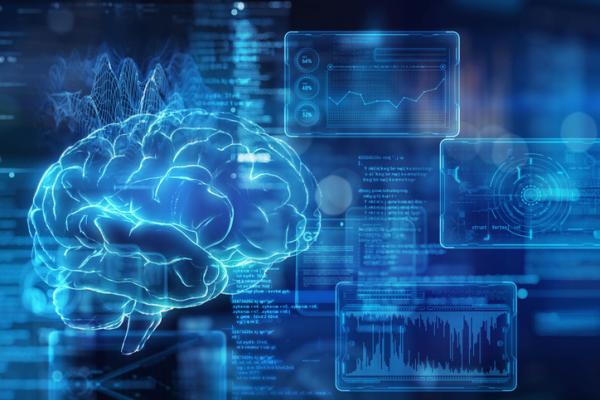
Getty Images
June 9, 2023 — Google Cloud announced a collaboration with Mayo Clinic to transform healthcare with generative AI, starting with Enterprise Search on Generative AI App Builder (Gen App Builder), to improve the efficiency of clinical workflows, make it easier for clinicians and researchers to find the information they need, and ultimately to help improve patient outcomes. In addition, Google Cloud announced today that its Enterprise Search in Gen App Builder is now ready to support HIPAA compliance.
Healthcare professionals use information from various sources, including medical records, research papers, and clinical guidelines to help them with everything from definitions of conditions to diagnoses and treatment options. However, healthcare data is often stored in many different formats and locations, which can make it difficult to find the information clinicians need when they need it. Enterprise Search on Gen App Builder unifies data across dispersed documents, databases, and intranets, making it easier to search, analyze, and identify the most relevant results.
“Generative AI has the potential to transform healthcare by enhancing human interactions and automating operations like never before,” said Thomas Kurian, Google Cloud CEO. “Mayo Clinic is a world leader in leveraging AI for good, and they are a critical partner as we identify responsible ways to bring this transformative technology to healthcare.”
To continue developing all of these capabilities in a clinical setting, Google Cloud is collaborating with Mayo Clinic and several healthcare organizations.
“Our prioritization of patient safety, privacy, and ethical considerations, means that generative AI can have a significant and positive impact on how we work and deliver healthcare,” said Cris Ross, Mayo Clinic’s Chief Information Officer. “Google Cloud’s tools have the potential to unlock sources of information that typically aren’t searchable in a conventional manner, or are difficult to access or interpret, from a patient’s complex medical history to their imaging, genomics, and labs. Accessing insights more quickly and easily could drive more cures, create more connections with patients, and transform healthcare.”
Google Cloud’s generative AI offerings build on years of research and proven applications in AI and will give healthcare organizations new capabilities to generate real-time, personalized, and unique interactions that weren’t possible before. Previously, AI scanned lots of data to identify patterns to enable greater efficiencies to improve existing work. Now with generative AI, data can be reviewed in more sophisticated ways, information can be condensed and digested, and new images can be created, among other uses.
Google Cloud’s generative AI tools, like Gen App Builder and Generative AI support in Vertex AI, can help healthcare organizations optimize workforce productivity, streamline administrative processes, and leverage technology to automate repetitive tasks, allowing caregivers to focus on higher-value patient interactions.
Mayo Clinic is an early adopter of Google Cloud’s Enterprise Search in Gen App Builder and is exploring how the combination of Google-quality search with generative AI can bring important information to doctors, clinicians, and other employees, in a fast, seamless, and conversational way.
Today's news builds on previous work with Google Cloud on Mayo Clinic’s digital transformation, including programs that leverage analytics, artificial intelligence and machine learning solutions.
Google Cloud’s approach to data governance and privacy policies ensures its customers retain control over their data. In healthcare settings, access and use of patient data is appropriately protected through the implementation of Google Cloud’s reliable infrastructure and secure data storage that support HIPAA compliance, along with each customer’s security, privacy controls, and processes. Google Cloud’s responsible approach to generative AI also means customers have access to tools to directly tune large language models and to review model responses for biased or unvalidated content, teaching the model to avoid inappropriate outputs.
For more information: https://cloud.google.com/


 February 13, 2026
February 13, 2026 









